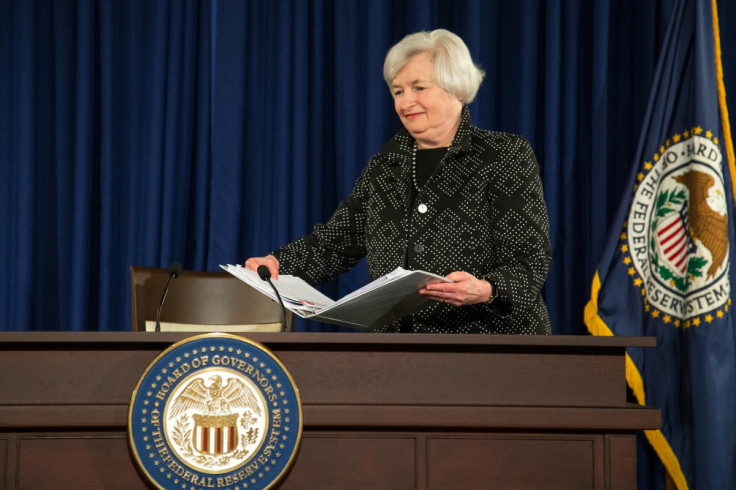Fed interest rate hike to cause global spillover hurting China and emerging markets

Amid global financial turmoil, emerging markets such as China, are extremely vulnerable to an interest rate hike by the US Federal Reserve System, the Bank for International Settlements (BIS) has said. China's financial situation is a serious global concern, the BIS said, as analysts now expect an annual economic growth of less than 7%, for the first time since 1992.
The strong dollar has further weighed down emerging markets, as they have to deal with "the burden of dollar-denominated debt" and, although the increased fall in oil price is partially caused by the stock market crash in China, which caused concerns of falling demand, it adds to the volatility as well.
An increase in the interest rate by the US Fed, which has been highly anticipated although the body has refrained from hiking for the past nine years, could cause global spillover, according to the BIS.
"Spillovers are present when the Fed tightens, which is supported by the fact that our sample period includes the Fed's tightening cycle of 2004-06," it stated. "Yet, some caution is warranted. It might well be that spillovers are not fully symmetrical: for instance, policymakers might tolerate exchange rate depreciations or short-term capital outflows better than appreciations and inflows ... or they might be even more sensitive about them."
The bank added that, although it has seen similar scenarios spillover in the past, it is impossible to see what exactly a rate hike would mean in this case.
The Fed is holding its Federal Open Market Committee meeting on 17 September and the decision is eagerly anticipated by investors and analysts worldwide. Although the US economy grew by 3.7% in the second quarter of 2015, compared to a 3.2% growth forecast. Although this normally points at more confidence regarding a rate hike, economists have already said that the Fed is expected to lo focus on international insecurities instead.
Overall, the picture painted by the Bank on the global financial situation was quite dark. It noted a 36% increase in international debt since pre-crash in 2007 and the falling commodity prices have intensified worries about the economy.
"Global financial markets have suffered repeated blows over the past few months, with a number of them due to events in China," the bank stated. "On the heels of the Greek crisis, markets were roiled following a sharp drop in the Chinese equity market and a surprise change to the renminbi's exchange rate arrangements."
Meanwhile, Goldman Sachs has said that the crash in China, which caused global stock markets to dive and saw the Shanghai Composite erase all its gains made in 2015, is no reason for panic yet.
Mark Schwartz, chairman of the bank's Asia Pacific division, told CNN Money that the growth slowdown in China had been coming for a while, and the crash, which started on "Black Monday", was just a slow period, which will be followed by a period of more growth.
He said: "I think China's been through a difficult June, July and August 2015. Three challenging months. It's brought out lots of negative opinion, lots of concern, lack of confidence in Chinese policy that's made ... negative views or bearish views or even in some cases apocalyptic views verbalised and outspoken."
© Copyright IBTimes 2025. All rights reserved.






















